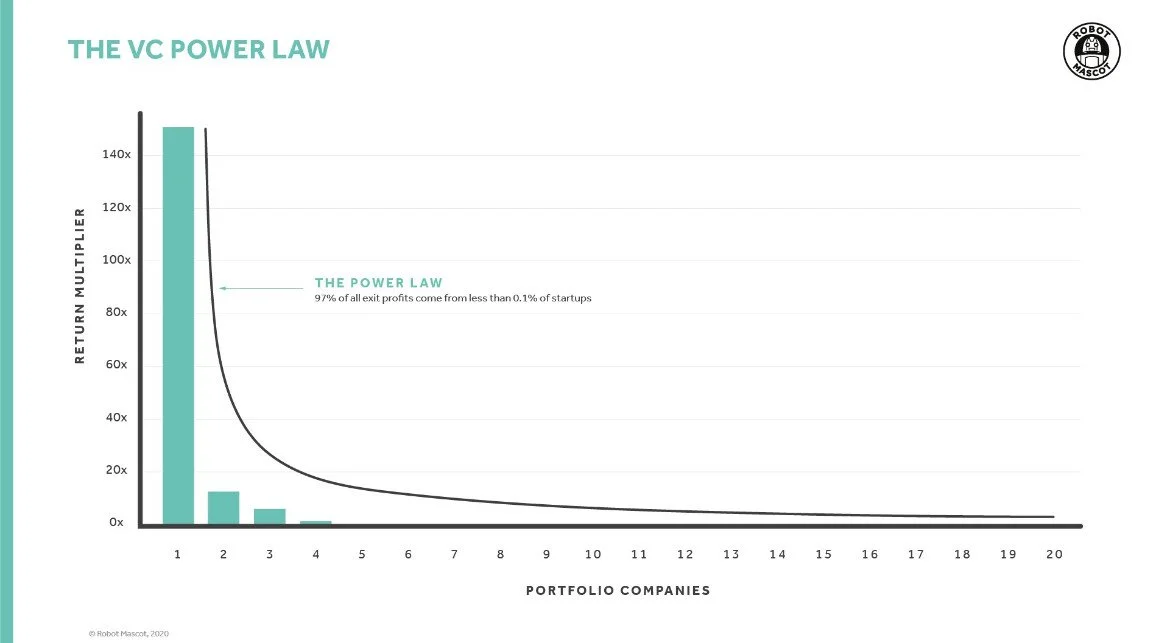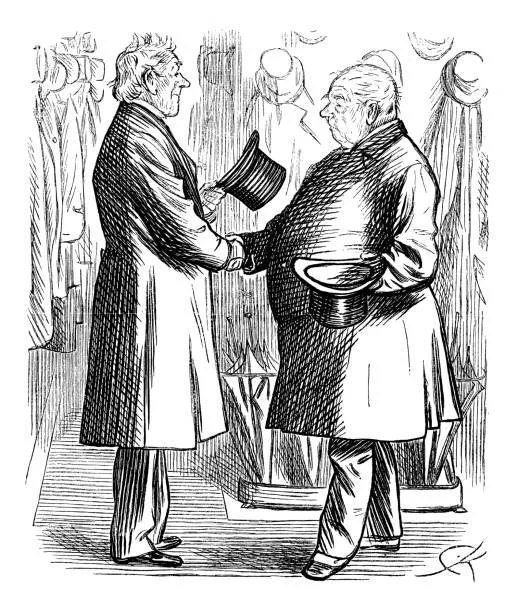Against Being Helpful
A prudent question is one-half of wisdom. —Francis Bacon
You can tell whether a man is clever by his answers. You can tell whether a man is wise by his questions. —Naguib Mahfouz
Above: A good question illuminates like a light in the darkness.
Unfortunately, life is not grade school.
If it were, it would be a hell of a lot easier (playground politics and cooties notwithstanding).
Instead, as we grow up, we swap Legos and Lincoln Logs for traffic and taxes. Adulthood is a corrupt bargain indeed.
Youth is a very fragile time and though children see, hear, and understand much more than we realize, oftentimes adults attempt to preserve their innocence with a lie or two.
Out of the many lies told to toddlers, tweens, and teens in those crucial, formative years, most are harmless. Simple fibs like Santa Claus or the Tooth Fairy help insulate and inoculate children from a harsh, cruel world.
Other lies? Not so much.
One falsehood stands out as worst of all: There are no dumb questions.
To grow up is to realize that this is simply not the case. Personally, I would wager that nearly half of all questions uttered (let alone thought!) are dumb.
Nowhere is this abuse more rampant than the wild, wacky world of venture capital.
Venture capitalists are those strange creatures who have never met a camera or a microphone they didn't love. To be fair, more than half the job is conversation and connection, however, there is a big difference between signal and noise.
Of the many absonant -isms, tics, and catchphrases they utter, “how can I be helpful?” takes the cake as worst of all.
When an investor utters these five words—especially to a startup in which he has invested—it indicates that he is at best inattentive and at worst indolent.
It is an admission of ignorance that signals that he hasn't done his homework, hasn’t paid attention, and frankly, doesn't give a damn about the actual challenges facing an investment, a colleague, or a friend.
It's the equivalent of replying "k" to a heartfelt message.
It betrays a passive, lazy approach to a difficult asset class that demands an active, attentive demeanor.
You see, except for the very best, venture capital is a godawful asset class; this due to its inherent power law distribution.
Per AngelList, the top 10% of investments generate about 80% of total returns and only about 6% of investments produced returns greater than 10x.
Faced with a competitive landscape and these brutal odds, you would do well to bet on Seabiscuit or Man o' War.
To that end, steer clear of those who lean on these five words; the question they form is no more than verbal tic masquerading as altruism.
Among other things, the road to hell is paved with good intentions and “how can I be helpful?" tweets.
Alongside these words, investors ought to remove this phrase from their respective repertoires.
Much like an engineer, one insightful, precise question can do the work of ten lazy ones. There's a reason sloth made the cut as one of the seven deadly sins: In the era of artificial intelligence, we don't have the luxury of being the tortoise.
The tables have turned: sloth kills, speed doesn’t.
Active help beats passive "helpfulness" every time. Real support comes from those who listen, reflect, and reduce friction—not those who merely maintain the status quo with empty offers of assistance.
Nominally this piece is about venture capital, but its message holds true for life and love and friendship: you help by knowing and you know by paying attention, caring, and listening.
When you truly know someone's priorities, struggles, and goals, you don't need to ask how to help. You make like Nike and just do it.
Help comes not from asking how to be helpful, but from knowing enough to take action when it matters.
After all, the best help is often unasked for because the helper was paying attention all along.








